Today, I’m really excited to be writing a book review of the upcoming Lionessheart by historian Catherine Hanley. The topic of the book is the exact type of history I love to read (and write!) and so I couldn’t wait to dive in and share my thoughts with you all. NB, I was sent a free copy of the book for endorsement, but I then decided to write a full review too, and all thoughts expressed here are my own, uninfluenced.
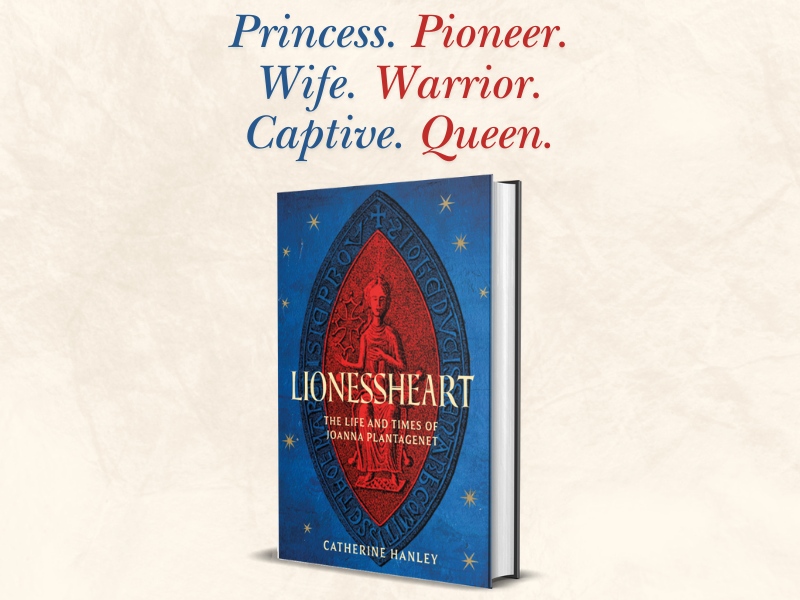
Lionessheart is an exhilarating biography of Joanna Plantagenet, seventh child of the medieval power couple Henry II of England and Eleanor of Aquitaine. Joanna’s immediate family remains one of the Middle Ages’ most famous. Eleanor of Aquitaine continues to grab imaginations for her fiery personality, and is the subject of many pieces of writing, whilst Joanna’s father is best known for his feud with (and hand in the murder of) Archbishop Thomas Becket. Her brothers are equally famous, from Richard, “The Lionheart” (from where the inspiration of this book’s title is evident), to her more infamous brother King John.
But as Hanley’s blurb highlights, Henry and Eleanor also had three daughters who have, as of yet, not received nearly as much time in the spotlight despite all being powerful rulers themselves. The eldest, Matilda, became Duchess of Saxony and Bavaria and gave birth to a future Holy Roman Emperor; the second, Eleanor, became Queen of Castile; and the third, Joanna (also known as Joan) became Queen of Sicily. Joanna sadly died just shy of her 34th birthday, but she led an incredible life of adventure which Hanley expertly brings to life.
Joanna was married to the King of Sicily at the age of 11, having made a several-month-long journey from her home in England. After more than a decade of acting as queen, her husband died, thrusting Joanna into dangerous politics. Taken prisoner by a rival claimant to the throne, then freed through violence by her brother Richard, she became a political pawn. Dragged to the frontline of the Crusade siege of Acre, her brother dangled her hand in marriage before a line of potential suitors until she was finally married to the Count of Toulouse – a marriage that ended in fatal disaster.
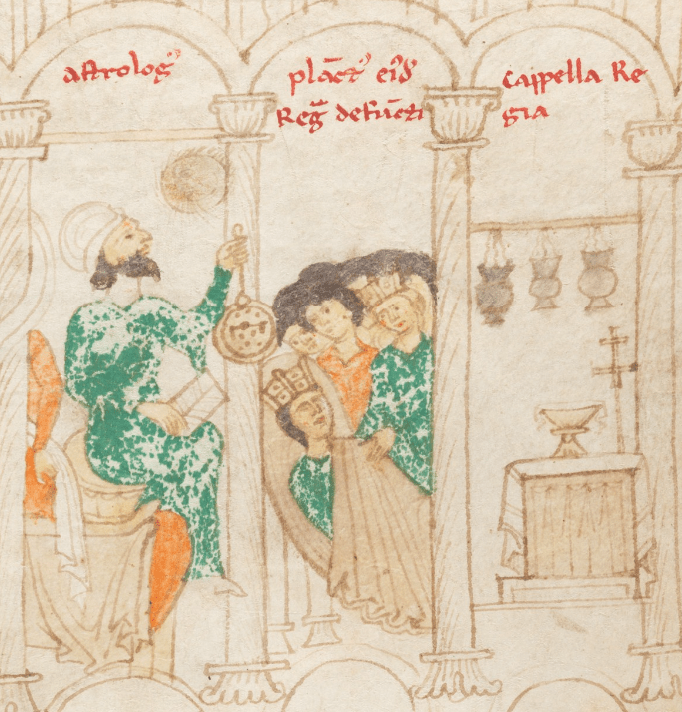
In many ways, Joanna led a life typical of a medieval princess: her destiny not in her own hands but in that of the men around her who sent her across Europe for their own political needs. But the twelfth century was an exciting, turbulent time, and the breadth of Joanna’s travels and the hugely different territories she lived her life in are deeply interesting to read about.
Hanley’s retelling of Joanna’s life is marvellous. Despite what may appear to be a life led with little agency, Hanley expertly brings Joanna to the forefront, trying to find her own thoughts and displays of influence within limited source material. The depth of her research is clear, and she skilfully illuminates the world around Joanna, describing exotic palaces and the grim realities of siege camps with equal ease. Hanley’s writing is clever and engaging, navigating the complicated politics of the time to illuminate what is known of Joanna’s remarkable life.

Enjoying this blog post? Buy me a hot chocolate!
Consider donating the cost of a hot chocolate to me, so I can continue to write and run Just History Posts.
£3.50
Although there are plenty of gaps in the records where we don’t know what was happening with Joanna, Hanley’s writing ensures we never lose sight of her. Although detours are necessary to explore events happening elsewhere in Europe which would go on to influence Joanna, it never feels like she is no longer the focus of the book. The book is highly accessible, so that even if you have never read anything about this period of history you will be able to keep pace, and yet this does not mean that Hanley has skimped on detail.
If I were to level one criticism at the book, it is that at times commentary can feel repetitive. Joanna’s potential thoughts and feelings are sometimes somewhat belaboured, as are the political and religious divides of the time; even readers new to the period will surely realise that the views of twelfth-century Christian Europeans on their Muslim foes may not match up to the same standard we can expect today, and this point seems overstressed. But in truth, this is my only critical point of the book, and it most certainly does not detract from the overall enjoyment of reading it.
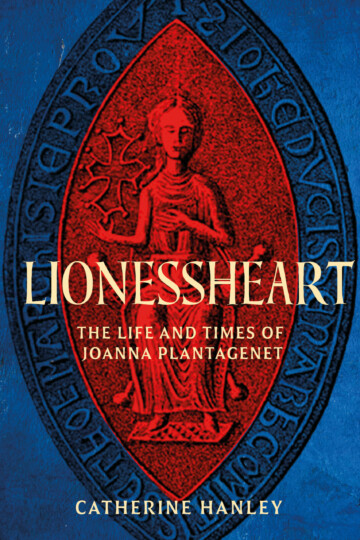
Lionessheart is a much-needed biography of a medieval princess who travelled to the edges of Christendom in service to her family. Although some readers might find frustration at the gaps in information we have about Joanna, and Hanley’s occasional suppositions into her thoughts and feelings, I think this was an excellent window into the life of a princess whom I previously knew almost nothing about. Sometimes, the sources are just not there, but that does not mean that these women’s lives are not worth writing about. And Lionessheart is a fantastic way to do so. I can certainly highly recommend this excellent biography, coming out on the 27th March 2025.
Previous Blog Post: Historical Objects: Duchess Dhuoda and the Liber Manualis
Previous in Book Reviews: “I, Christine” by Marcia Maxwell
List of Blog Posts: here Blog Homepage: here
Buy my books via the pictures below! Or why not check out our shop?
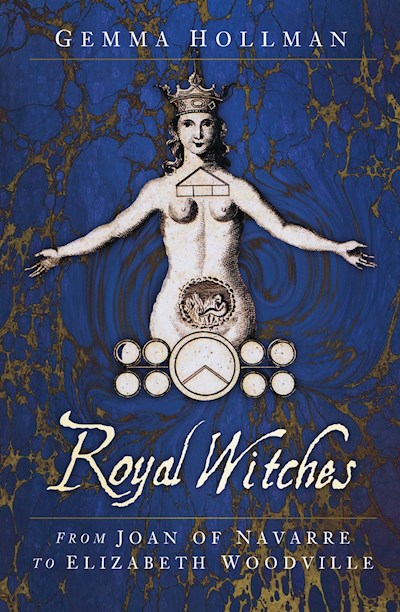
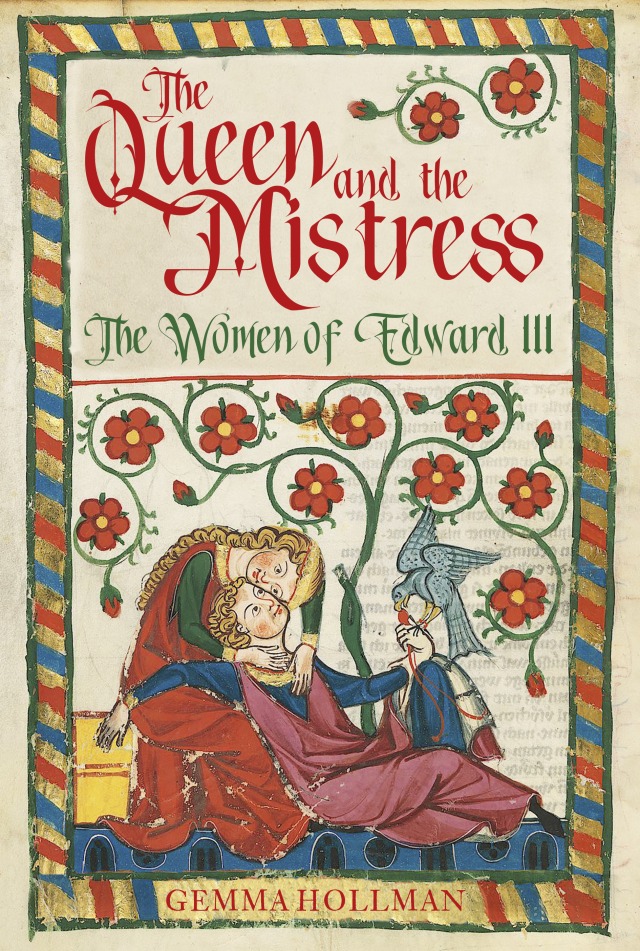
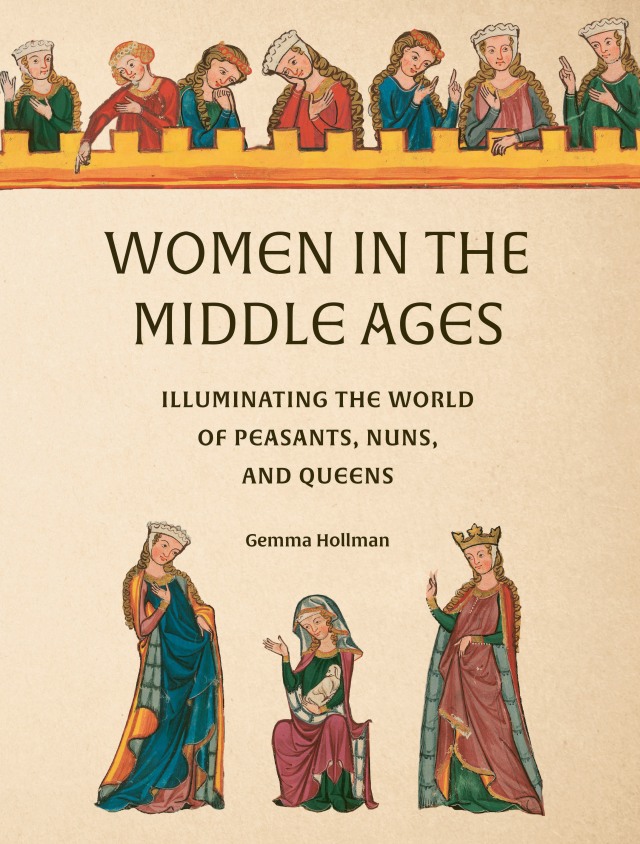
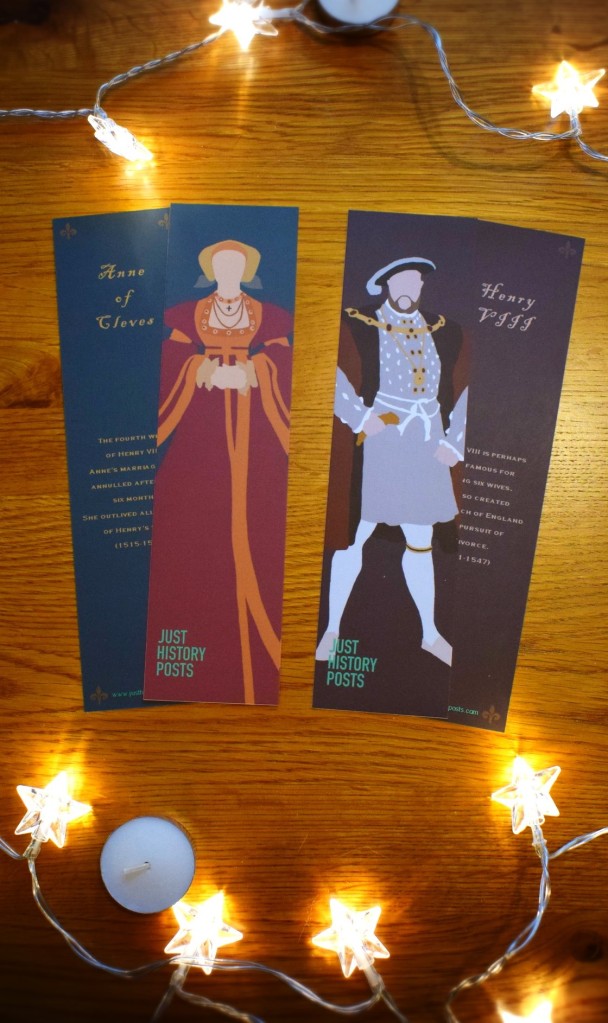


3 responses to “Book Review: “Lionessheart” by Catherine Hanley”
[…] Previous Blog Post: Book Review: “Lionessheart” by Catherine Hanley […]
LikeLike
thank you for sharing!
LikeLiked by 1 person
[…] “Lionessheart is a much-needed biography of a medieval princess who travelled to the edges of Christendom in service to her family. Although some readers might find frustration at the gaps in information we have about Joanna, and Hanley’s occasional suppositions into her thoughts and feelings, I think this was an excellent window into the life of a princess whom I previously knew almost nothing about.” ~ review by Gemma Hollman in Just History Posts […]
LikeLike